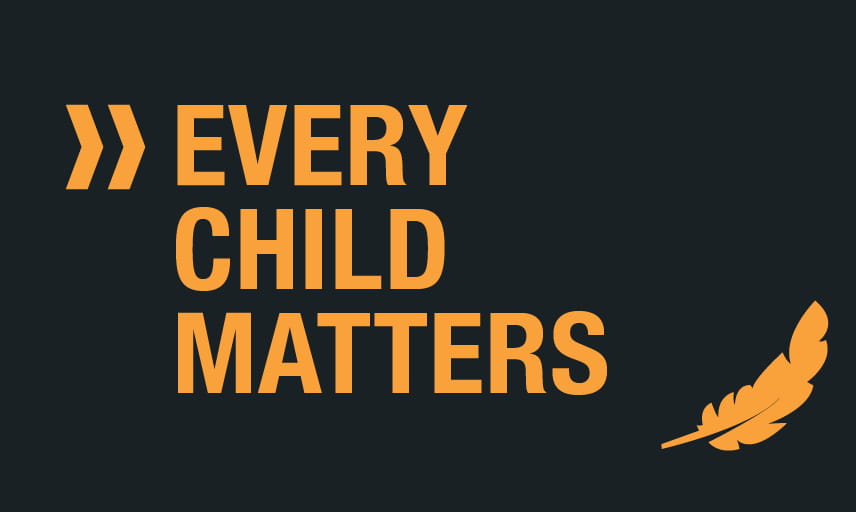To all Canadians and Indigenous peoples, NWMO staff, contractors, and the communities with which we work,
I wanted to take a moment to express my grief and sadness over the discovery of the bodies of 215 children at a former residential school near Kamloops, B.C.
The news is distressing, and it serves as a stark reminder of the extent of the horrors of residential schools and the colonial systems that created them. I am deeply saddened, and I extend my condolences to all the families of residential school victims and the survivors who are again in mourning today.
The 215 young lives lost to unmarked graves is a shocking figure, but we should not be shocked. We know that there are thousands of other Indigenous children who never made it home from residential schools. Nor can we yet relegate this act of genocide to the annals of history. The fact is the legacy of residential schools still walks among us.
The last residential school did not close until 1996. The effects of that system linger; survivors are among us. Today, there are more Indigenous children in government institutions and children’s aid systems than there were at the height of the residential school system. Just last month, we wore red dresses to mark the ongoing injustices to Indigenous women and girls. These are not isolated incidents. They are all symptoms of the same colonial systems that sought to erase and destroy Indigenous peoples, cultures and languages.
Peoples, cultures and languages that survive today are because of the resilience of those communities. As an organization, we are committed to Reconciliation. Ensuring all staff and contractors receive cultural awareness and Reconciliation training is one way we as an organization are building the capacity to do better. That commitment also means in moments like this, we do not look away.
Instead, we mourn together. We stand shoulder to shoulder.
With deep condolences and warm regards,
Laurie Swami, President and CEO of the Nuclear Waste Management Organization

